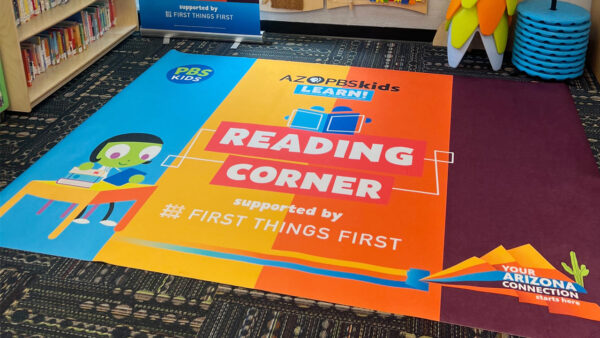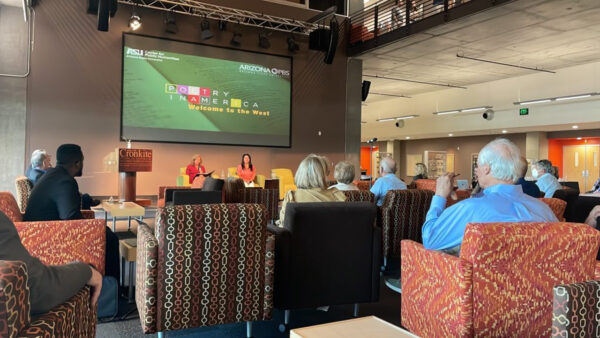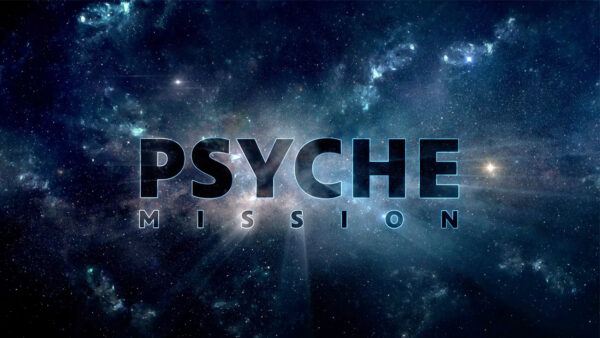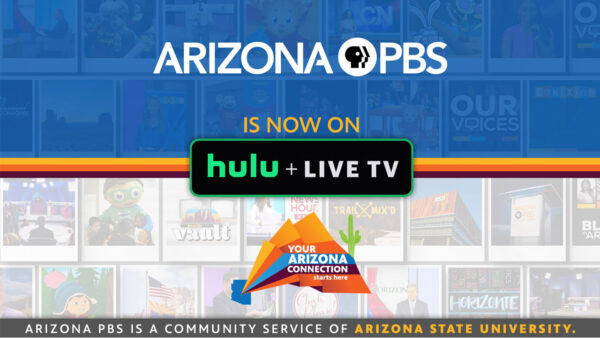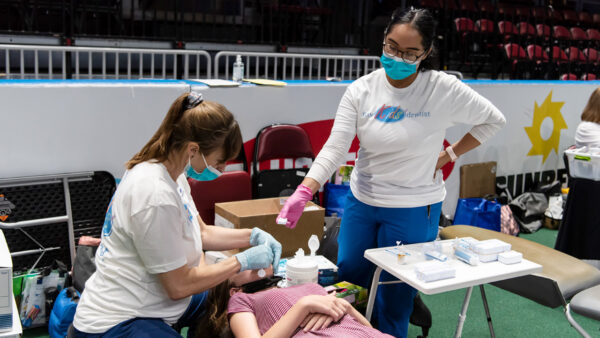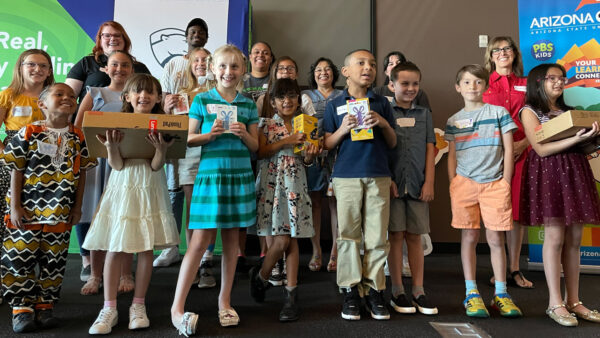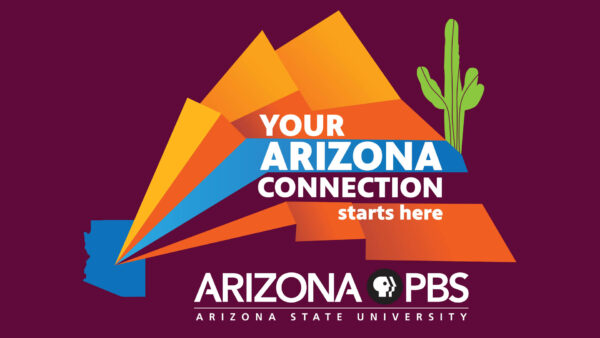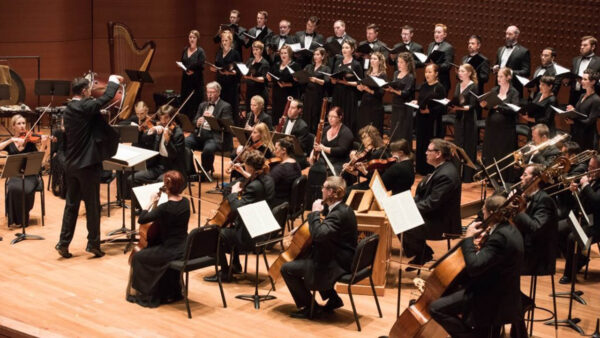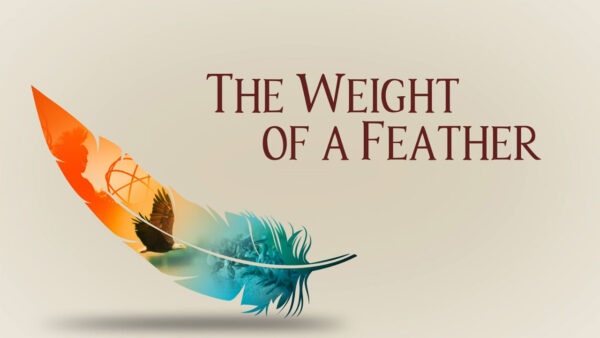Eight to air Frontline program Egypt in Crisis: The Inside Story of a Revolution Gone Wrong
Sept. 11, 2013
Less than three years after the popular uprising that led to President Hosni Mubarak’s ouster, and just one year after Egypt’s first free and fair elections, the democratically elected government has been overthrown and the Egyptian military is running the state.
And the Muslim Brotherhood—the secretive, long-outlawed Islamist group that came out of the shadows to win the presidency in June 2012—is once again being driven underground, its members killed and arrested in an army-led campaign to wipe it off the map.
Were the Brothers ever reallyin charge? Or was the Egyptian “deep state”—embedded remnants of Mubarak’s police force, Supreme Court and, most of all, military—in control all along?
In Egypt in Crisis, airing Tuesday, Sept. 17, at 10 p.m. on PBS (check local listings), FRONTLINE and GlobalPost’s Charles M. Sennott go inside the Egyptian revolution, tracing how what began as a youth movement to topple a dictator evolved into an opportunity for the Muslim Brotherhood to seemingly find the political foothold it had sought for decades—and then why it all fell apart.
“We’ve gone from the hope and high expectations of the 2011 revolution to the first free and fair presidential election in Egypt’s history to a return to military rule and a country more deeply divided than ever—all in less than three years,” says Sennott, a veteran Middle East correspondent (The Brothers). “This FRONTLINE documentary takes you deep inside these turbulent ups and downs.”
When Sennott was in Egypt reporting for FRONTLINE’s The Brothers in January of 2011, the Muslim Brotherhood had aligned itself with secular youth activists and was essentially holding the revolution’s infrastructure together.
“The young activists had no real leader,” Sennott says. “The Brothers were much more organized, so they stepped in, and they were the ones running the security checkpoints, serving hot tea, distributing blankets and running an emergency health clinic.”
But, as FRONTLINE reveals, the Brotherhood soon turned on its former allies, aligning itself instead with the Egyptian army and tolerating violent repression. Under the short-lived presidency of Mohammed Morsi, the military tortured high-ranking members of the opposition,
“We wanted our first elected president, who himself had been subjected to torture, who himself has come from a clandestine organization that was the prime target of police brutality, to stand up against police brutality,” Khaled Fahmy, a historian at the American University in Cairo, tells FRONTLINE. “Nothing happens. Not a single police officer was put on trial. Not a single investigation was launched.”
In Egypt in Crisis, FRONTLINE goes behind the scenes to find out how Morsi’s rule became increasingly unpopular, and explores the days and decisions leading up to his ouster at the hands of the military and his arrest on charges of inciting murder.
With Egypt’s hopes for democracy in tatters, and the military-led government violently cracking down on the Brothers, what will happen next?
Credits
Egypt in Crisis is a FRONTLINE production with Rain Media in association with GlobalPost. The writers and producers are Martin Smith and Marcela Gaviria. The correspondent is Charles M. Sennott. The deputy executive producer of FRONTLINE is Raney Aronson-Rath. The executive producer of FRONTLINE is David Fanning.
About FRONTLINE
FRONTLINE, U.S. television’s longest running investigative documentary series, explores the issues of our times through powerful storytelling. The series has won every major journalism and broadcasting award, including 57 Emmy Awards and 14 Peabody Awards. More than 150 FRONTLINE films can be watched online at pbs.org/frontline. FRONTLINE is produced by WGBH Boston and is broadcast nationwide on PBS. Funding for FRONTLINE is provided through the support of PBS viewers and by the Corporation for Public Broadcasting. Major funding for FRONTLINE is provided by The John D. and Catherine T. MacArthur Foundation. Additional funding is provided by the Park Foundation, the Wyncote Foundation and the FRONTLINE Journalism Fund. FRONTLINE is closed-captioned for deaf and hard-of-hearing viewers by the Media Access Group at WGBH. FRONTLINE is a registered trademark of the WGBH Educational Foundation
Press Contact
Patrice Taddonio, (617) 300-5375, [email protected]
Media Contact: Colleen O’Donnell Pierce
[email protected]
(602) 496-0579
(602) 478-3867 (cell)
Visit azpbs.org/pressroom
About Arizona PBS
Arizona PBS is a trusted community resource. For over 52 years, the PBS station has focused on educating children, reporting in-depth on public affairs, fostering lifelong learning and celebrating arts and culture. Arizona PBS achieves its mission through the power of non-commercial television, the Internet, educational outreach and community-based initiatives. Its signal reaches 80 percent of the homes in Arizona. With more than 1 million viewers weekly, Arizona PBS consistently ranks among the most-viewed public television stations per capita in the country. For more information, visit azpbs.org or follow us on Facebook, Twitter, Google+, Instagram, Pinterest or Tumblr.
Arizona PBS is a member-supported community service of Arizona State University and the Walter Cronkite School of Journalism and Mass Communication.
)







